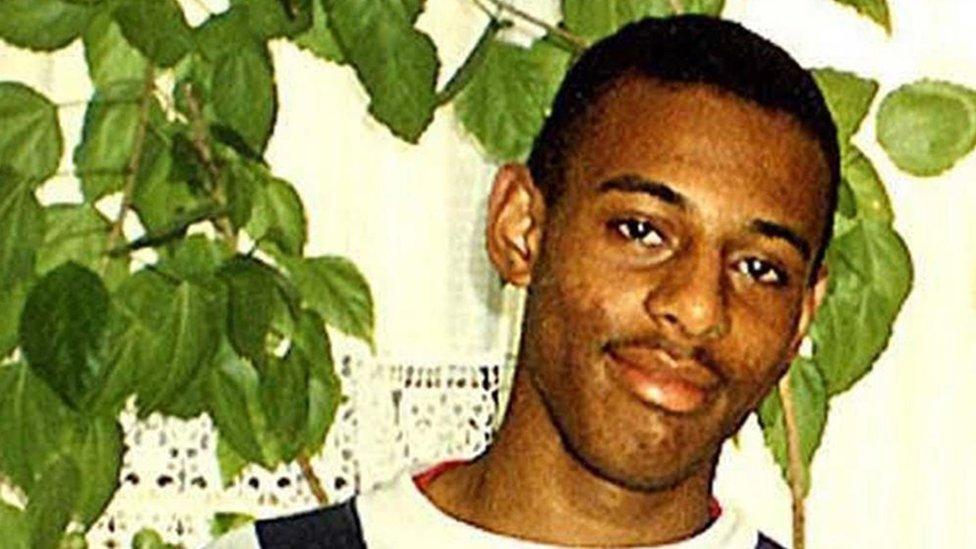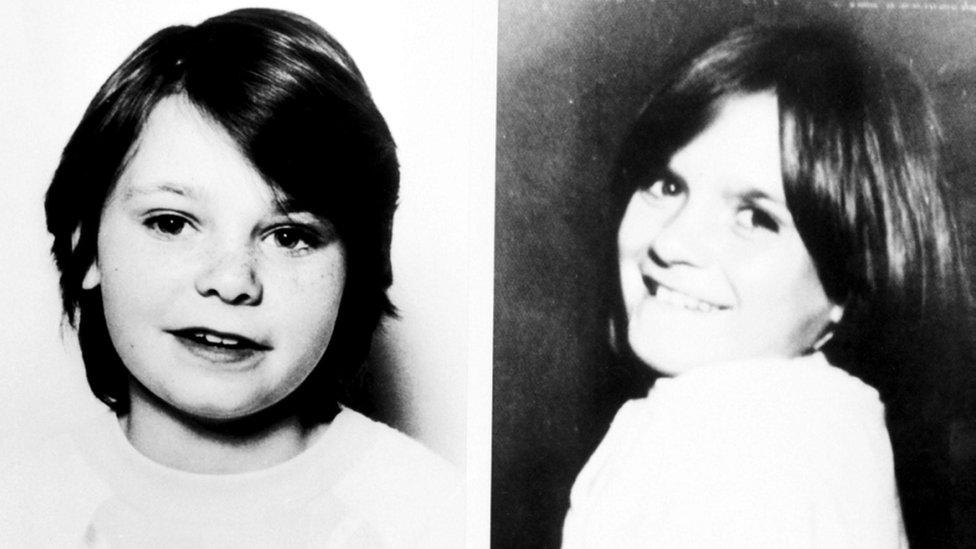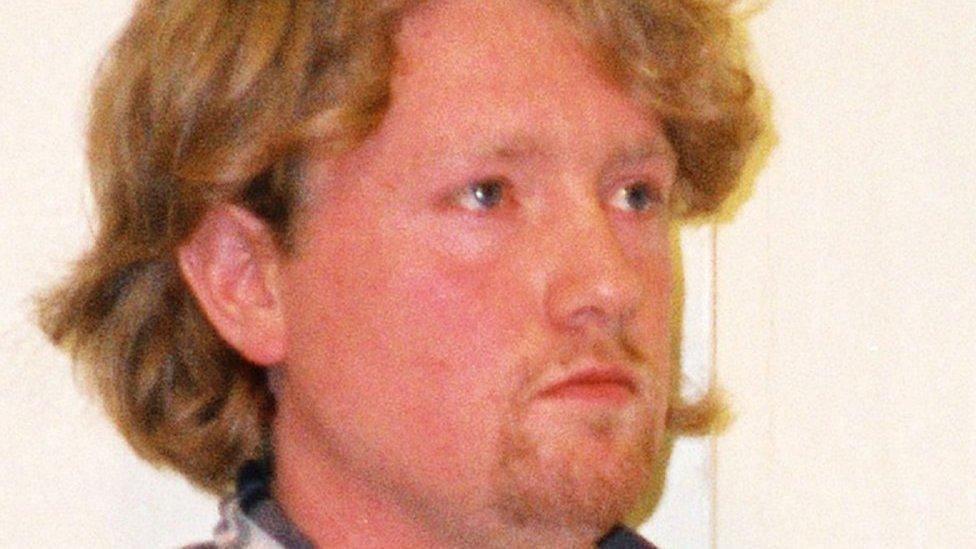Gary Allen: How the law caught up with a killer
- Published
Director of Public Prosecutions, Max Hill QC, explains how the double jeopardy law caught Gary Allen
A killer who committed two murders, 21 years apart, has been convicted of both thanks to a simple change in the law that allowed prosecutors to right the most extraordinary of injustices.
When Gary Allen left Sheffield Crown Court in February 2000, he thought he had got away with the murder of Samantha Class.
There had been DNA linking him to the October 1997 strangulation of the young mother, who was a sex worker in Hull.
Prosecutors had shown he was a liar - yet a jury could not be sure of his guilt. And so he walked free.
It would take two decades of focus on Allen - and pushing at the boundaries of one of England's most important criminal laws - for him to be finally convicted.
Ancient legal principle
For 800 years, the basic principle of England's criminal law was that there was no second go at getting a conviction if the suspect had been cleared by a jury.
But in 2005 the law of double jeopardy was changed to allow a second trial for the most serious of offences, including murder.
An acquittal could be quashed if the Court of Appeal was convinced there was new and compelling evidence to put before a jury that would not have been available at the time of the original case.
That reform followed the the racist murder of Stephen Lawrence - and the utterly botched police investigation that followed.

The reform to double jeopardy laws followed the murder of Stephen Lawrence
At first, it looked like the law would only be used in rare cases, where the new evidence was from forensic science.
And, that indeed was the means by which Gary Dobson and David Norris, were brought back to court to be prosecuted again for Stephen Lawrence's murder.
But there was no new forensic science to be had in the Gary Allen case. So what changed?
Mounting danger - mounting evidence
Some 35 days after his acquittal over Samantha Class's murder, Allen committed two attacks on sex workers in Plymouth.
Jailed for five years and six months - a sentence that couldn't legally take into account alleged events in Hull - he then began to talk to a probation officer.
He confessed to a hatred of sex workers and how he wanted to hurt them for pleasure.
The acts he described were very similar to his attacks on the two women in Plymouth and Samantha Class in Hull.
A quest to stop a killer who got away with murder
When Allen returned to the Humber region, police feared he would strike again, so sent an undercover officer posing as a serious criminal to befriend him.
And Allen ultimately told the officer he had killed Samantha Class.
That confession was secretly taped in 2010 - five years after the double jeopardy law changed.
But it did not lead to him returning to court - because the law was not yet clear on what constituted new evidence other than a leap forward in forensic science.
Crucial Court of Appeal ruling
The tragedy is that it would take a further killing, that of Alena Grlakova in Rotherham, plus an unrelated but crucial Court of Appeal development, to break the Class case open again.
Ms Grlakova's body was discovered in April 2019. Like Samantha Class, she had been strangled and dumped in water. Allen was charged with her murder - he knew her and had been using her for sex.
The year before, senior judges in London had reconsidered the case of multiple killer and attacker, Russell Bishop.
His crimes became known in the newspapers as the Babes in the Wood case.
He killed nine-year-olds Karen Hadaway and Nicola Fellows in 1986. Like Allen, he was found not guilty at his original trial.
Thanks to advances in DNA inarguably linking Bishop to the deaths, in 2018 prosecutors asked the Court of Appeal to quash his original acquittal.
But, crucially, they also presented a second argument for a new trial.

It took more than 30 years to get justice for Karen Hadaway (left) and Nicola Fellows
They said a new jury should also be told about Bishop's conviction for the kidnap and attempted murder of another girl three years after he was cleared of killing Karen and Nicola.
The Court of Appeal granted permission for a second trial. It was the first time the judges had backed the principle of relying on later behaviour to re-prosecute for an earlier crime under the double jeopardy reforms.
Bishop was finally found guilty of the killings in December 2018.
Since Allen had walked out of Sheffield Crown Court a free man, he had proven through his attacks on other sex workers, his fantasies, his confession and, finally, the dreadful death of Alena Grlakova that he must have been the man responsible.
His later behaviour fitted exactly what the Court of Appeal had now defined as new and compelling evidence justifying a fresh prosecution.
This time, there was no escape for Gary Allen.
And after almost a quarter of century, and one of the most important criminal justice reforms of the last century, there is finally some justice for Samantha Class.
- Published17 June 2021

